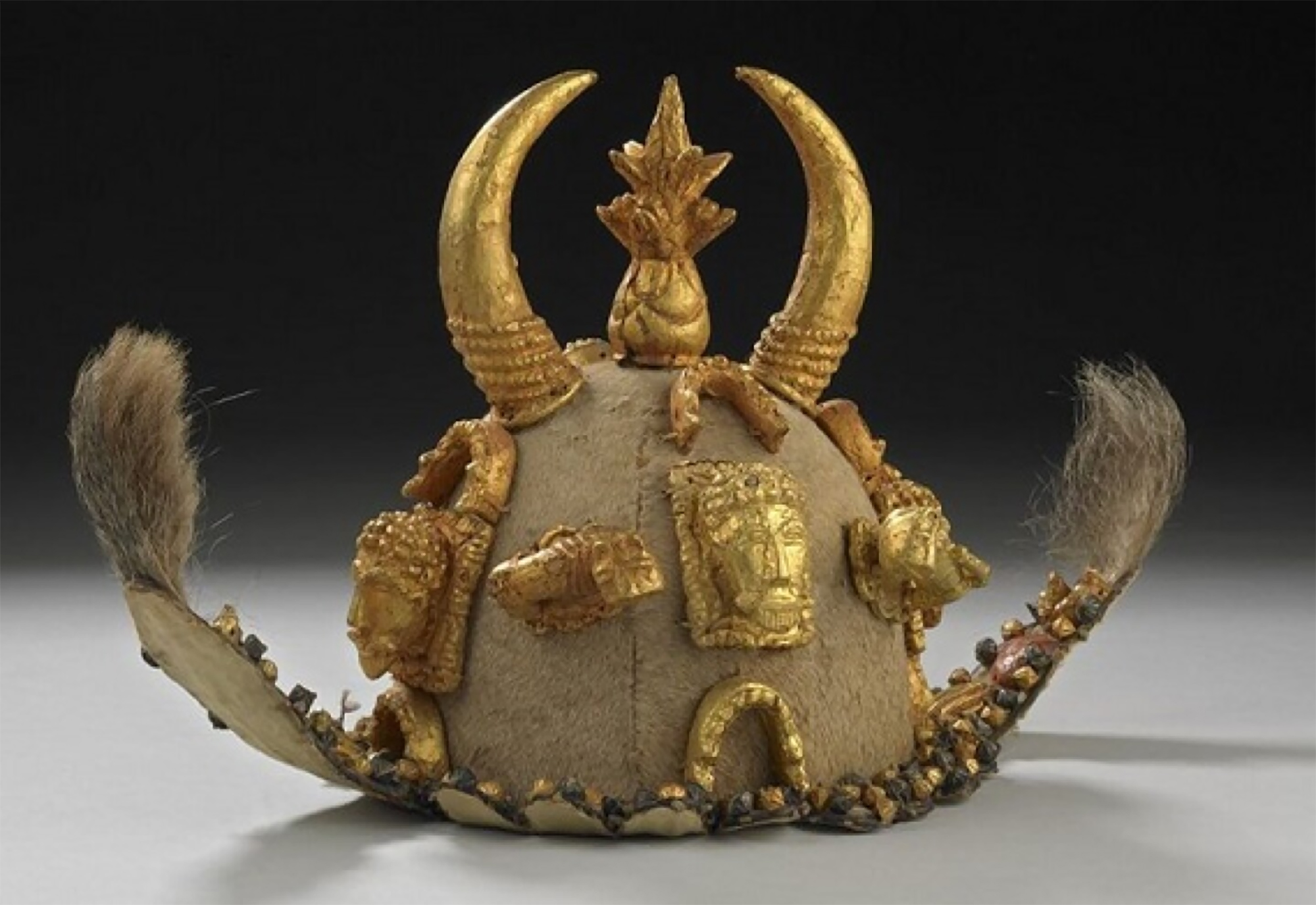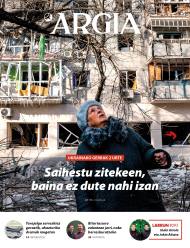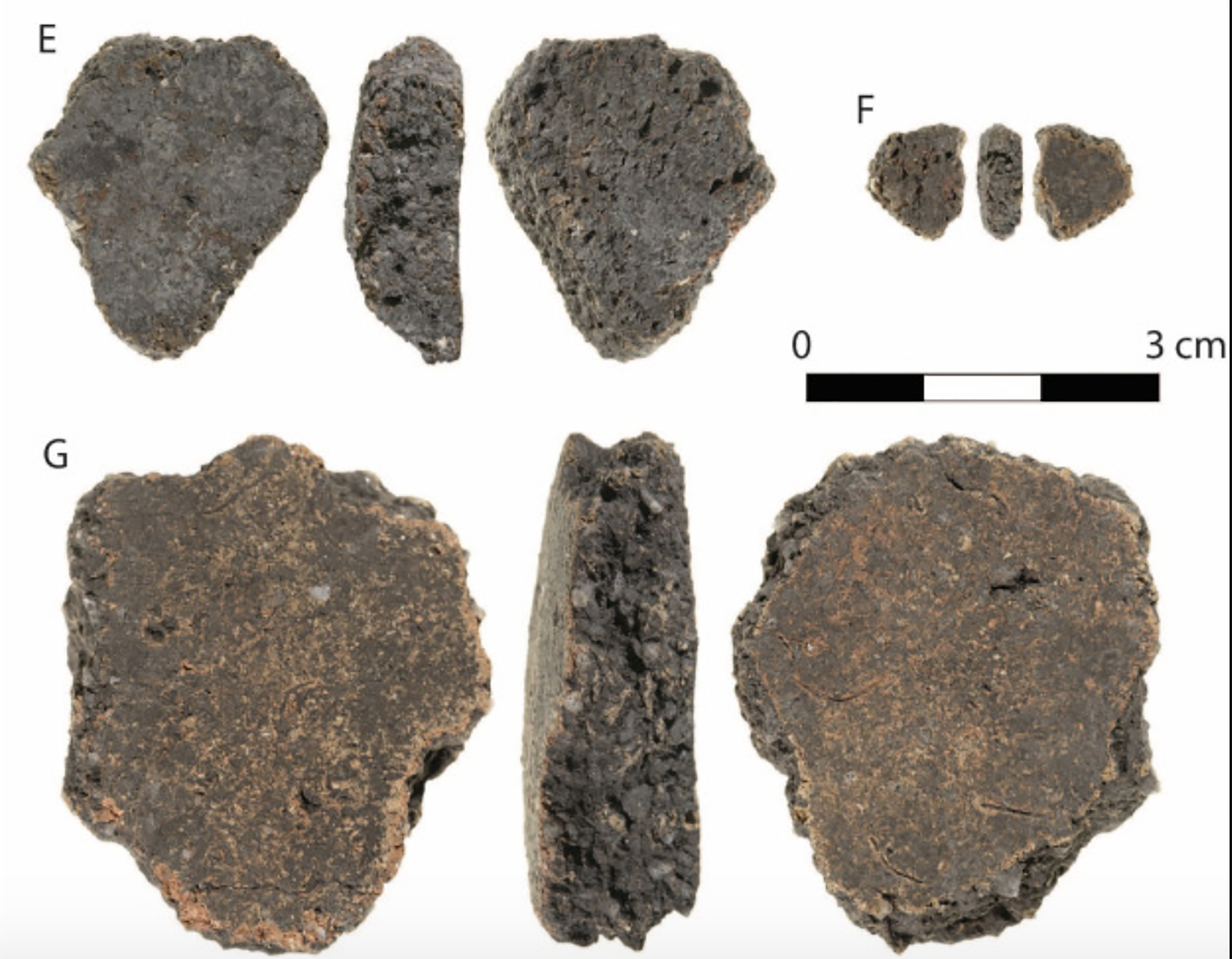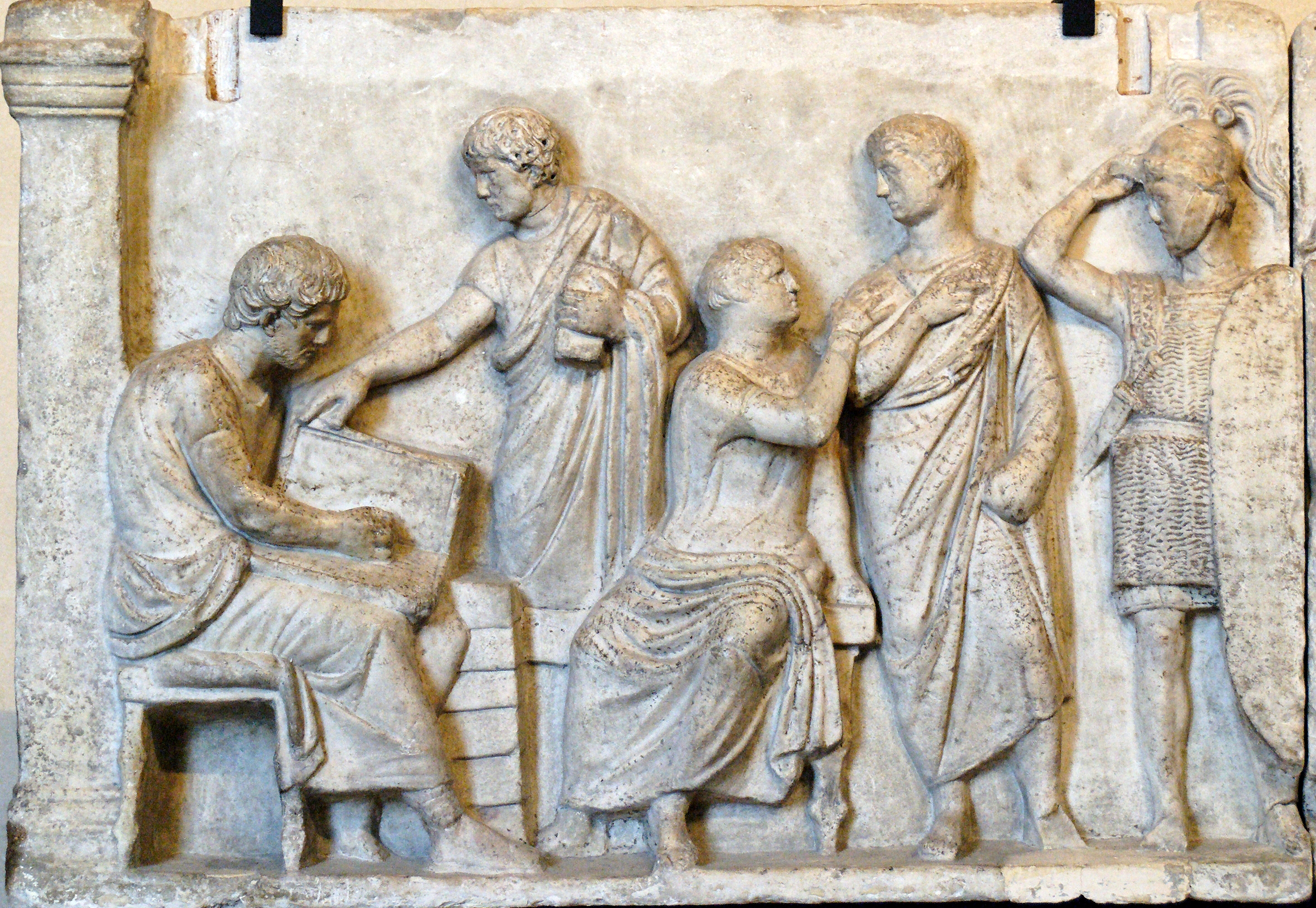Migas for Africa

Ghana, 1823. The first war begins between the Ashanti Empire and the British. In total, there were four wars that lasted until 1901. Previously, Europeans controlled the country’s Gold Coast. But the abolition of slavery in 1807 led to the decline of the coastal business and the members of the Ashanti ethnicity took advantage of extending the interior kingdom to the coast. Finally, the British won the conflict and Ghana would have been protectorate until independence was achieved (1957).
During the conflict, the British used Ashanti to plunder the artistic and cultural heritage of the Empire, as was done in many other places in Africa and the British Empire in general. Now back in Ghana 32 stolen pieces from the Ashanti King’s Court: several gold badges, a ring, a pipe, a ceremonial cap… Of these 17 belong to the Victoria & Albert Museum and another 15 to the British Museum. But that return will take place under special conditions. On the one hand, the number of pieces is very small and, on the other hand, the pieces will not be permanently in Ghana, but will be refunded by a three-year loan, by means of a contract which may be extended by a further three. In addition, the pieces will not be left to the Government of Ghana, but to the hands of King Otumfo Osei Tutu II ashanti, who is currently performing only ceremonial functions.
Such reimbursement shall be made under special conditions. On the one hand, the number of pieces is very small and, on the other hand, the pieces will not be permanently in Ghana, but will be returned in a three-year loan, by means of a contract which may be extended by a further three years.
Nana Oforiatta Ayim, advisor to the Ghana Minister of Culture, has pointed out that these pieces are “part of the soul of the nation” and that the loan is “a good starting point”. But not everyone thinks the same thing in Ghana and elsewhere in Africa, like Nigeria, which has been fighting for decades to return the Bronces of Benin, and many believe that accepting the loan is recognizing that these pieces are owned by the United Kingdom.
“Sharing” the Polite
The British statements have only increased the concern of many Africans. Tristam Hunt Victoria & Albert, director of the museum, wanted to reassure the other European museums with expolited heritage, ensuring that this loan contract will not open doors to return the heritage to its origin. In addition, Hunt explains that these few pieces he is going to return were looted under special conditions, as they were looted during the war: “If museums have war-minded objects or looted in military campaigns, it is our responsibility to think about how to share those objects more fairly with the countries of origin.”
On the one hand, when talking about sharing, it closes the doors to definitive return. On the other hand, it greatly limits the cases of expoliation that it considers should be studied; many of them were “legal”, that is, they were carried out without breaking the laws of the time, but always between the dominant and dominated countries, in a relationship of unequal power. In short, responding to a few “conflicting” cases, they seek to strengthen the legitimacy of most others.
In addition, the debate on the return of the expolite focuses on specific media issues, such as the Parthenon marbles at the British Museum or the Nefertiti bust at the Berlin Museum. If these cases, which have been locked up for decades, were resolved in favour of the countries of origin, perhaps they could open the way to solving other polies in the same way. But meanwhile, the pieces remain in the shadow of those “stars” without echo, without the possibility of pressing.
And so they have no choice but to accept the crumbs offered by Western museums, even though they know that this reinforces and perpetuates the ownership of expoliators.
Members of the James Cook University and the Research Council of Australia have discovered ceramic fragments from 2,000-3,000 years ago on the island of Jiigurru in northwestern Australia. These are the oldest ceramic remains discovered so far in Australia. The geological study... [+]
Rome, a.C. 443. Censors were elected for the first time. Two centuries later it would be the most important magistrature of the Republic. Every five years, they chose two censors among consular senators.
It was a position of great responsibility: they were primarily responsible... [+]
Chronicler Theophanes Declarante stated that winter 763-764 was one of the coldest in history. Snow and ice occupied the Byzantine capital and also saw an iceberg in Bosforón.
Climate cooling has been considered to be due, among other factors, to the lack of volcanic activity... [+]
Toledo, 1272-1280. Alfonso X of Castile gathered 427 monomedical songs dedicated to the Virgin. The Cantigas de Santa Maria constitute one of the most important musical and literary collections of the Middle Ages, but being decorated with the miniature cantiga, these... [+]
It has been considered that the wine drank by the ancient Romans was a poorly made wine, without body and with an unpleasant taste. But the work that researchers at the universities of Ghent and Warsaw have published in Antiquity has provoked the withdrawal of this belief.
The... [+]















